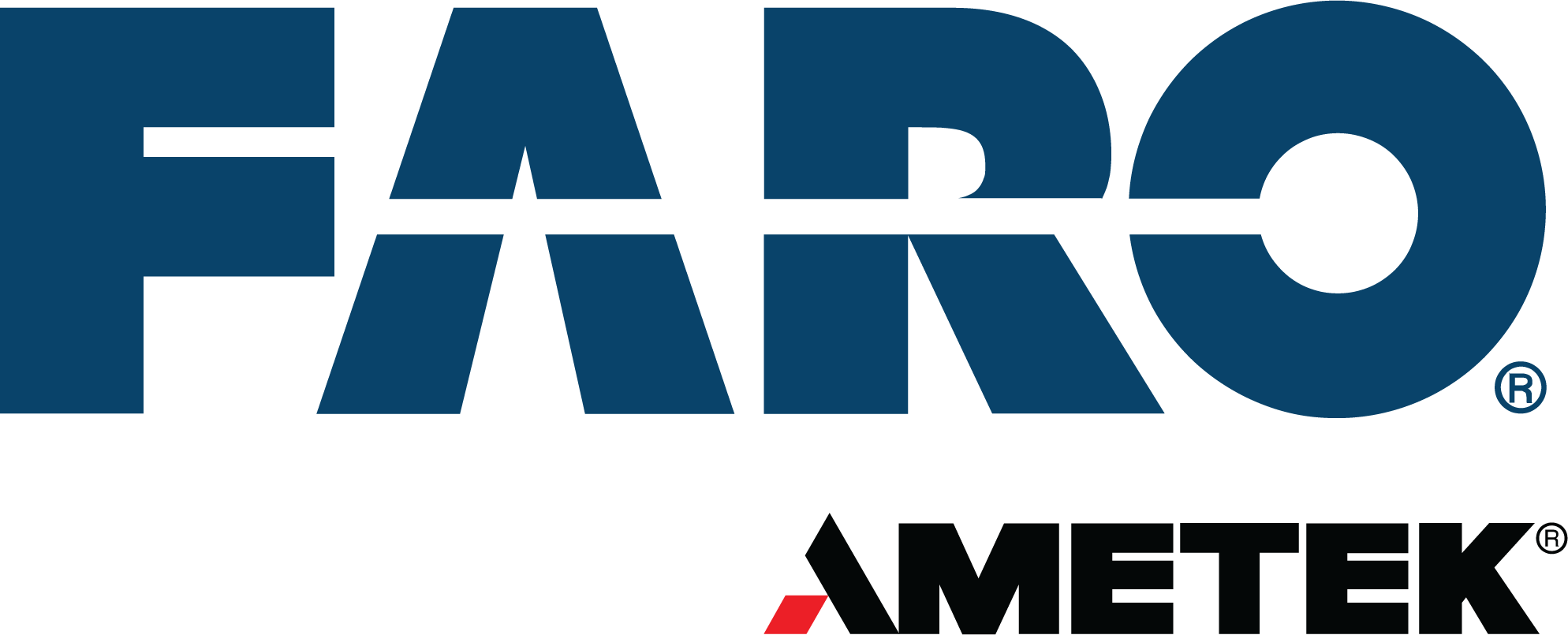ranscriptional enzymatic capping
mRNA cap is a methylated modification with a 7-methylguanosine moiety connected to the mRNA via a triphosphate linkage, referred to as m7GpppG cap. It is an important modification and specifically interacts with numerous cellular proteins to involve in pre-mRNA splicing, RNA export, translation initiation and RNA turnover. Fluorophosphate is one important capping moiety that has been widely used in mRNA modification. Cap analogs containing fluorophosphate moieties serve as attractive molecular tools for studies on RNA metabolism and modification of natural RNA properties.
- Fluorophosphate-containing Cap Applications
Through capping reactions with fluorophosphate moieties, we can get various nucleoside fluorophosphates that are chemically stable and synthetically available fluorophosphate nucleotide analogs. These modified mRNAs have shown multiple applications:- Monitor the activity of enzymes with various specificities and metal-ion requirements, including human mRNA decapping scavenger (DcpS) enzyme—a therapeutic target for spinal muscular atrophy.
- Serve as reporter ligands for protein binding studies, as exemplified by studying the interaction of fluorophosphate mRNA cap analogs with eukaryotic translation initiation factor (eIF4E).
Highlights
Advanced Capping Methods: Offers both co-transcriptional and post-transcriptional enzymatic capping.
High Efficiency: Achieves nearly 100% capping efficiency with large quantities of in vitro transcribed RNA.
Custom Solutions: Tailored capping options to meet specific research needs.
Experienced Provider: Leverages extensive expertise in mRNA modification and synthesis.
Versatile Applications: Ideal for enzyme activity monitoring, protein binding studies, and RNA metabolism research.
